Publications
Articles, publications, books, tools and multimedia features from the U.S. Institute of Peace provide the latest news, analysis, research findings, practitioner guides and reports, all related to the conflict zones and issues that are at the center of the Institute’s work to prevent and reduce violent conflict.
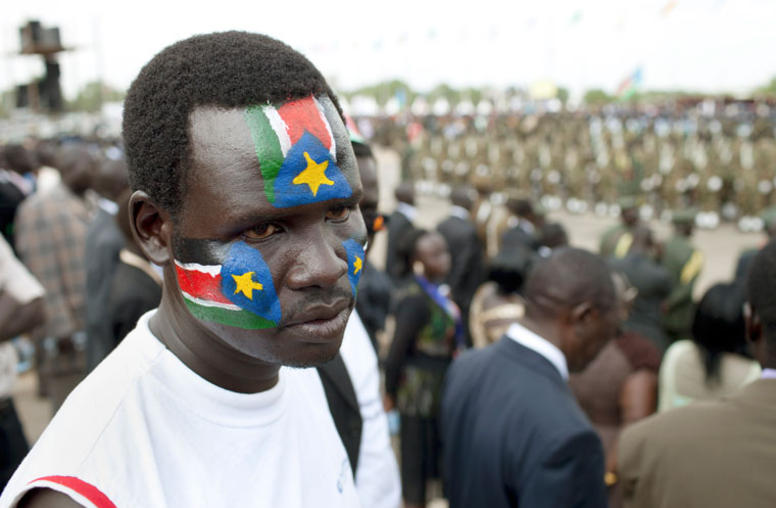
A USIP Interview with Abraham Awolich
The U.S. Institute of Peace (USIP) is providing seed funding and advisory support for the Sudd Institute, a new, nongovernmental policy institute based in Juba, South Sudan. Abraham Awolich, a South Sudanese specialist in public administration with experience in development and governance issues and the acting executive director of the Sudd Institute sat down with USIP.
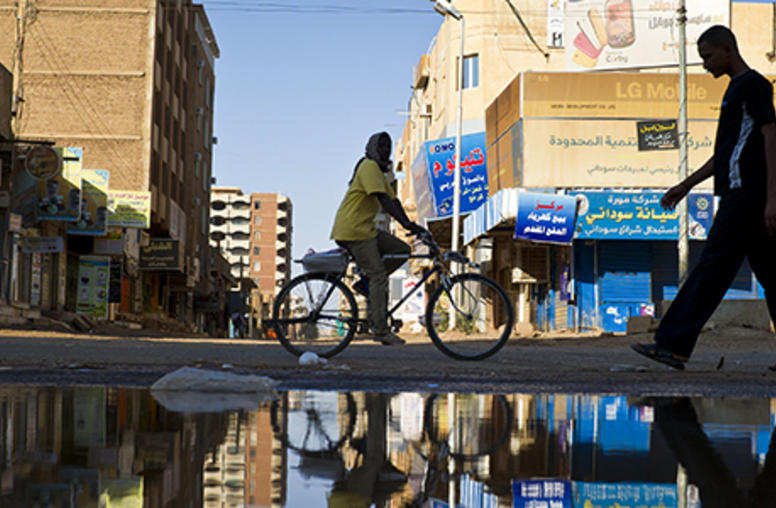
Sudan, South Sudan Strike Oil Deal
USIP's Sudan program director, Jon Temin, discusses the recent oil deal between Sudan and South Sudan.
Syria and "The Day After" Project
USIP's senior adviser for Middle East initiatives, Steven Heydemann, discusses “The Day After” project, a Syrian-led effort to plan for a post-Assad transition.
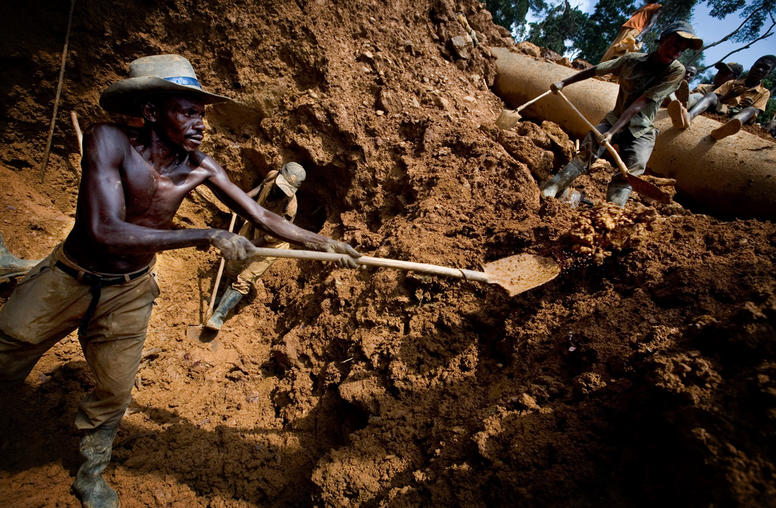
Instability in the DRC
USIP’s Raymond Gilpin and Brett Boor examine how conflict minerals are a symptom – and not the cause – of the continued instability in northeastern Democratic Republic of Congo (DRC).
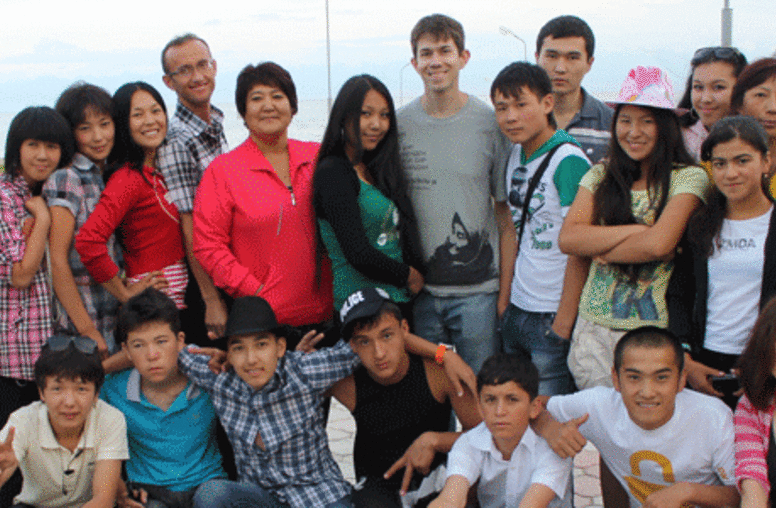
USIP Grants Supporting Conflict, Peacebuilding Projects in Kyrgyzstan
USIP awards two new grants to international groups that will work in Kyrgyzstan to help detect nascent conflicts and to bolster mediation and conflict resolution skills in the Central Asian nation.
Afghanistan’s Post-Tokyo Presidential Decree Both More and Less than Meets the Eye?
Afghanistan’s Presidential Decree of July 21 has been billed as an “anti-corruption decree,” setting forth the Afghan government’s concrete plans for fighting corruption. But even a cursory reading reveals the decree is about far more than just anti-corruption. In fact, it appears to be a detailed short-term work program for 32 government ministries and agencies, also including suggestions for actions by the National Assembly and the Supreme Court.
Ethiopian Prime Minister Meles Zenawi Dies after Illness
On August 20, Ethiopia’s long-time prime minister, Meles Zenawi, died from an illness. USIP’s Jon Temin examines what it means for Ethiopia, the two Sudans and U.S. interests in the region.
Food Security and Data Workshop: Can Better Data-sharing Enhance Impact?
The U.S. Institute of Peace hosted a workshop on August 16, 2012 with experts from the U.S. government, international organizations, and the NGO community to examine the use of data to enhance food security. The day-long workshop focused on current strategies to improve agricultural data quality and available technologies to enable better sharing, analysis and application of this data.
"The Day After" Project
The Day After project brought together a group of Syrians representing a large spectrum of the Syrian opposition—including senior representatives of the Syrian National Council (SNC), members of the Local Coordination Committees in Syria (LCC), and unaffiliated opposition figures from inside Syria and the Diaspora representing all major political trends and components of Syrian society—to participate in an independent transition planning process.
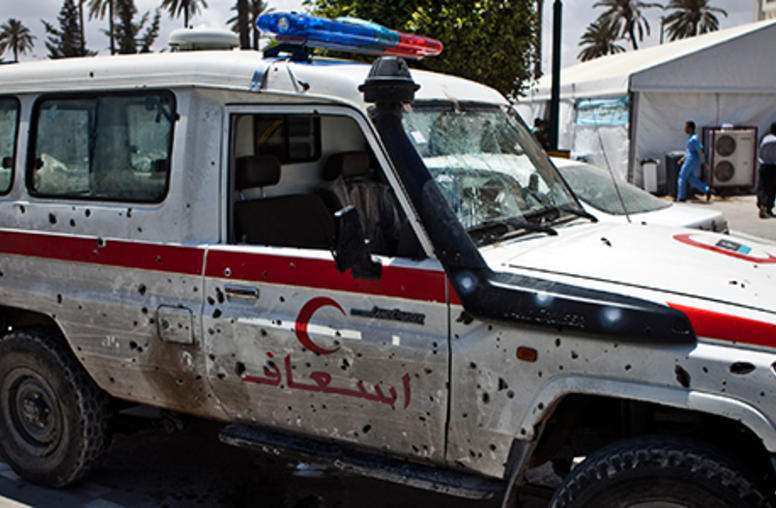
USIP Backs Project to Assess Attacks on Health Care Workers in Conflicts
The U.S. Institute of Peace (USIP) has awarded a grant to The Johns Hopkins Bloomberg School of Public Health to support a pathbreaking effort to systematically track attacks on health care workers and facilities in Burma—creating an analytical tool that ultimately can be used globally and that should become a foundation for efforts to prevent such attacks and promote accountability for those perpetrating them.